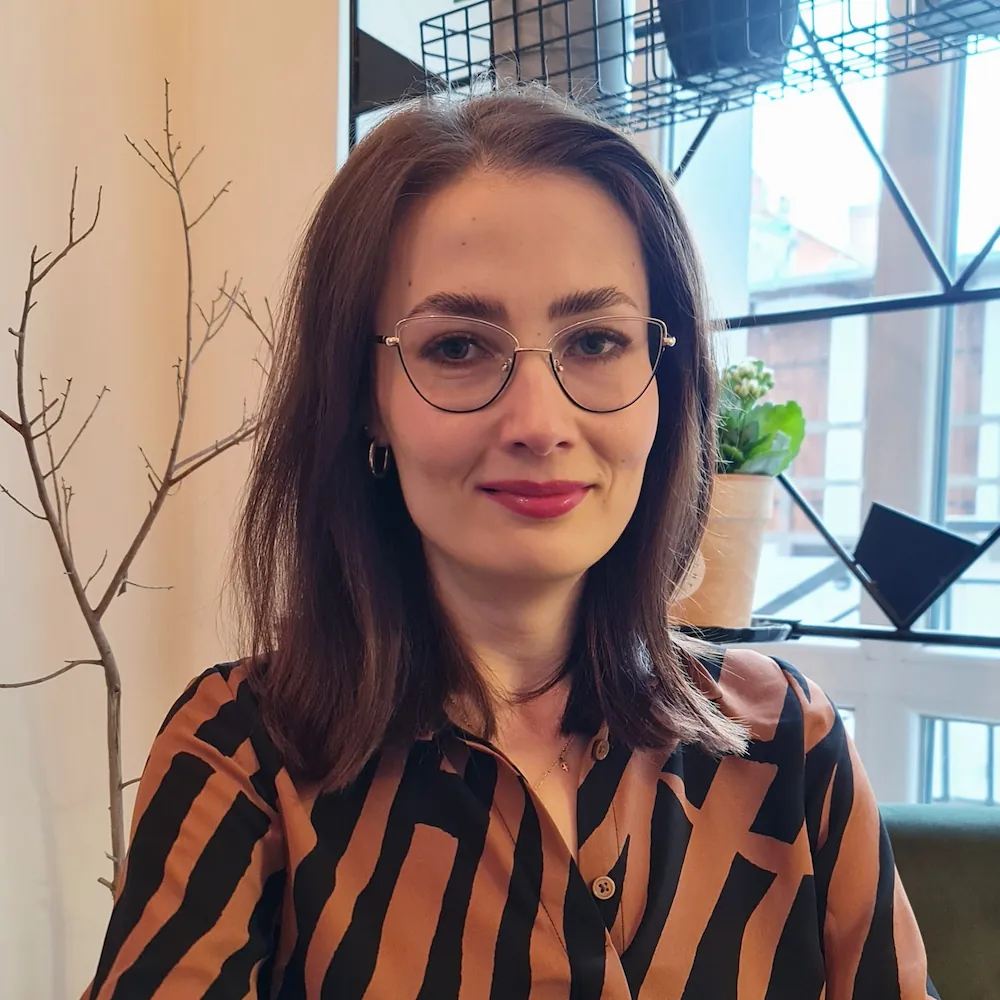Summer School at the University of the National Education Commission, Krakow; July 2025

Objectives of the workshop:
- To introduce participants to the basics of the Interpretive Phenomenological Analysis (IPA) approach.
- To present the step-by-step research process in IPA.
- Demonstrate the applicability of IPA in various fields.
- To hone skills in identifying themes and working with qualitative data.
Workshop program (3 hours):
Part I. Foundations of the IPA
- Introduction to IPA as a theoretical and methodological approach.
- Theoretical foundations of IPA: phenomenology, hermeneutics, and idiography.
- IPA in comparison with other qualitative methods – comparison with discourse analysis, grounded theory or narrative research.
Part II. Research practice step by step
- Designing a survey using IPA.
- Qualitative data collection techniques under this approach.
- Ethical issues in research using the IPA method.
- The process of data analysis: stages of interpretation and reduction, the concept of double hermeneutics.
- Practical exercises: analysis of interview excerpts, joint work on research material.
- The most common mistakes made when conducting research and data analysis in the IPA stream.
Part III. Review of examples of IPA-based research in various fields – including psychology, pedagogy, sociology and others
The coach:
Dr. Magdalena Pluta – doctor of social sciences in the discipline of pedagogy, research and teaching assistant professor at the Faculty of Pedagogy at Kazimierz Wielki University in Bydgoszcz. Pedagogue, early development specialist, health educator, cultural animator, certified social skills trainer and cognitive-behavioral psychotherapist-in-training.
Her research interests focus on biopsychosocial functioning of people with cancer, health promotion and education, psycho-oncology, sociology of medicine and phenomenological research methods, especially interpretive phenomenological analysis (IPA). She pays special attention to issues of development of children and adolescents living with chronic diseases and how to effectively support them.
She is the author of scientific publications in Polish and foreign journals on issues of functioning and support of sick people. In her dissertation, she explored the experiences of adolescents with cancer.

